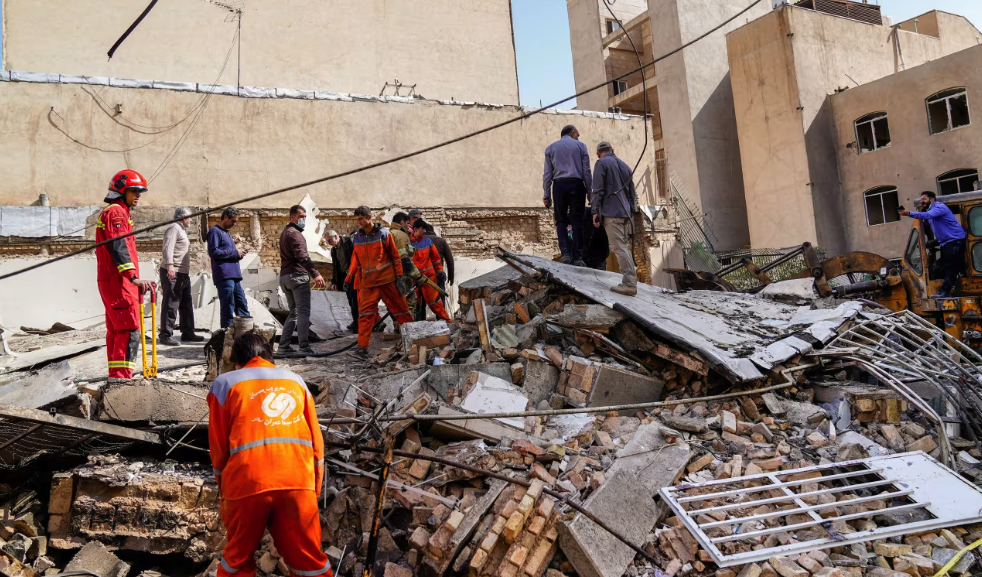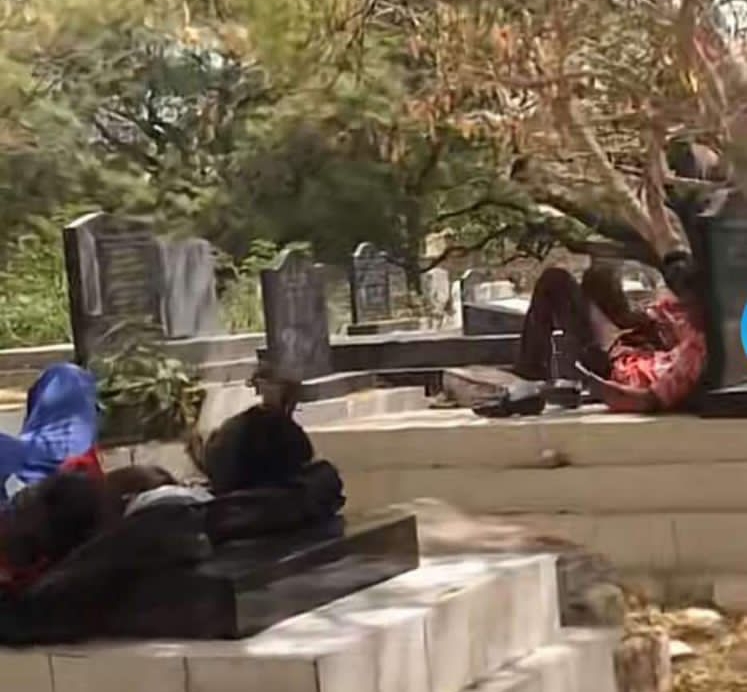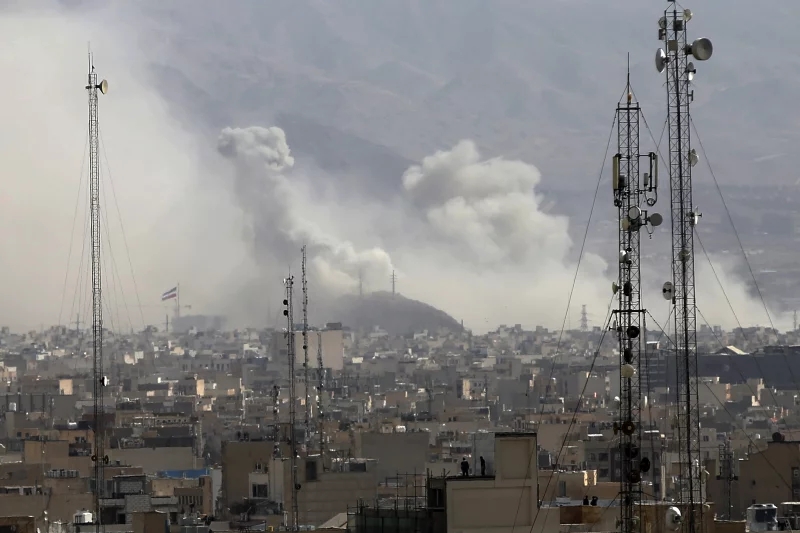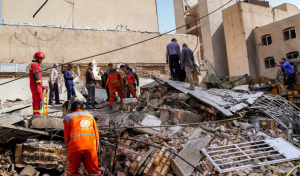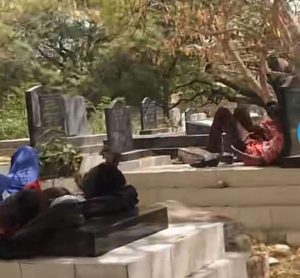Gambiaj.com – (BANJUL, The Gambia) – Former “Jungler” Bora Colley, a member of ex-President Yahya Jammeh’s hit squad, recently turned himself in to The Gambia Armed Forces after eight years in exile. His surrender has added to the public bemusement, with many questioning the ease with which Junglers, including Colley, have seemingly continued to enjoy relative freedom, even sneaking into The Gambia to visit their wives and relatives.
Colley, who turned up at Yundum Barracks around midnight on August 9, was promptly arrested by military authorities. His appearance followed years of living in southern Senegal’s Casamance region, close to The Gambia’s border. According to sources cited by Justice Info in Foni, many of the exiled Junglers, including Colley, have been crossing the porous border to visit their wives, enjoying a level of mobility that has stunned human rights activists and security experts.
Security Failures Exposed
Colley’s sudden reappearance has sparked significant concern regarding the Jammeh-era alleged perpetrators of crimes. Madi Jobarteh, a prominent human rights activist, was among the first to criticize the government for its security lapses, pointing to Colley’s entry into The Gambia as evidence of serious failings in the country’s border control measures.
“How could such a high-profile individual, wanted for heinous crimes, enter the country undetected?” Jobarteh asked. He linked the incident to broader issues with security sector reforms, calling for urgent changes in the system. “This exposes a fragility in our national security that should not be tolerated,” he added.
Colley has been named in numerous human rights violations under Jammeh’s regime, including killings, disappearances, and tortures, such as the murder of journalist Deyda Hydara in 2004 and the execution of Mile 2 death row inmates in 2012.
Despite his notorious record and his inclusion on a 2018 wanted list, Colley was able to remain at large in nearby Casamance, prompting many to question whether his whereabouts were an open secret to those in his native Foni Area.
Official Responses and Government Defense
In response to the public outcry, Chief of Defense Staff Lieutenant General Mamat Cham acknowledged the challenge posed by The Gambia’s porous borders but defended the state’s security apparatus. He suggested that Colley’s surrender was a result of effective surveillance efforts by the state. “He knew that very soon the search would get him, so he was forced to surrender,” Cham said.
Minister of Information Ismaila Ceesay echoed these sentiments, insisting that the government had been closing in on Colley, forcing his hand in turning himself over to the authorities.
Despite these reassurances, activists like Jobarteh continue to voice concerns over the timing of Colley’s return and his potential motives. “Why now?” Jobarteh questioned. “Is Jammeh involved in this decision? The military must ensure a thorough and transparent investigation.”
Detained Without Charge
Since Colley’s surrender, however, there has been little progress on the legal front. As of now, Colley has not been formally charged, and the military has set up a joint panel comprising the Gambia Armed Forces, State Intelligence Services, the Police Force, and the Ministry of Justice to investigate the circumstances of his return. Yet the lack of formal charges so far has stirred fear that Colley, like other returned Junglers, might escape justice.
In December 2021, General Saul Badjie, another prominent Jungler, returned from exile in Equatorial Guinea. Despite being detained initially, a High Court judge ordered his release in February 2022 due to a lack of charges filed against him. This precedent has led many to doubt whether Colley will face real accountability.
Amnesty International has also called on the Gambian government to ensure a fair trial for Colley without resorting to the death penalty. “This is a step toward accountability, but the government must ensure that justice is done,” their West and Central Africa office said in a statement.
A Call for Broader Justice
Despite his detention, concerns remain over whether Colley and other Junglers will face justice for their past crimes. The Gambia’s Chief of Defense Staff insisted that Colley, as a military deserter, is still accountable for his actions. “We call upon other dissidents hiding in the woods to return and subject themselves to the law,” he said, assuring Gambians that security measures are in place to protect the country.
For many, Colley’s case represents the broader struggle for justice in The Gambia’s post-Jammeh era, where perpetrators of past atrocities have yet to be fully held accountable. The relative freedom enjoyed by many of these individuals, despite their exile, continues to haunt victims and casts doubt over the country’s commitment to reconciliation and justice.



